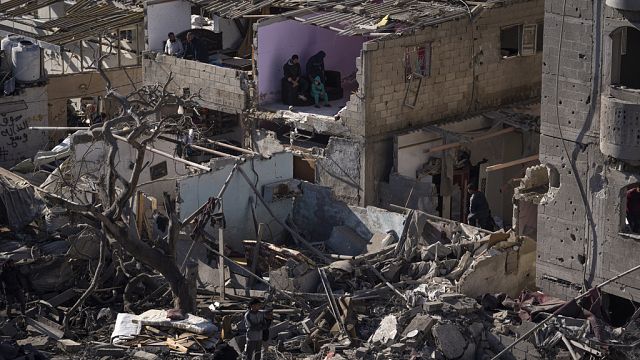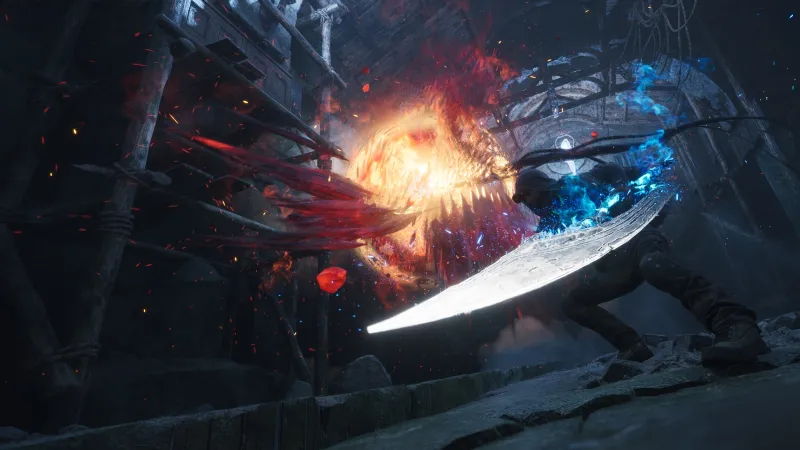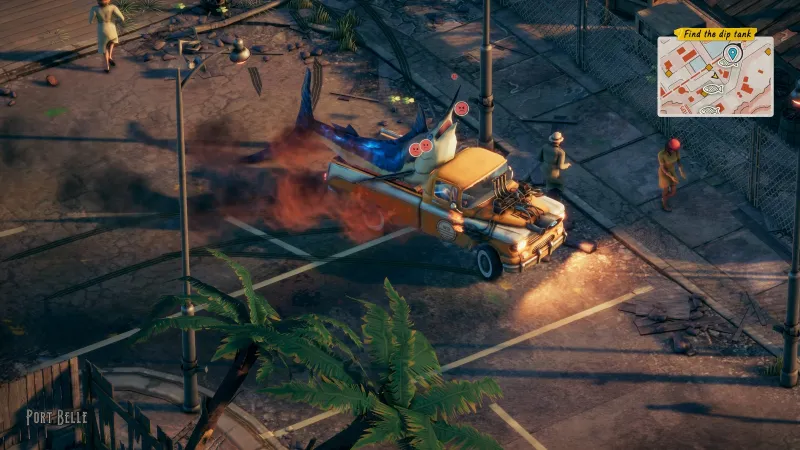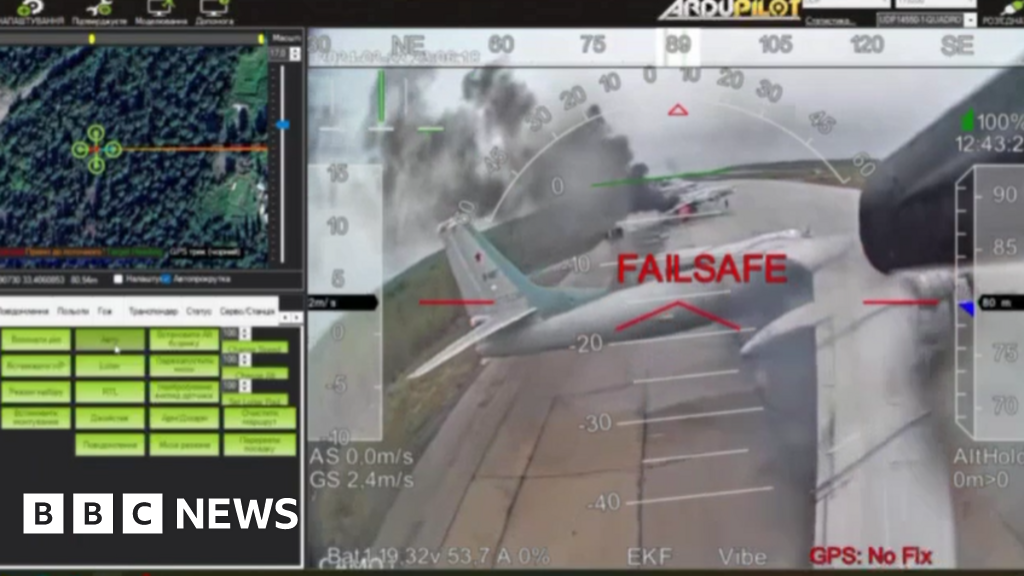‘The mountain is coming!’: How a roaring glacier wiped out idyllic Swiss village
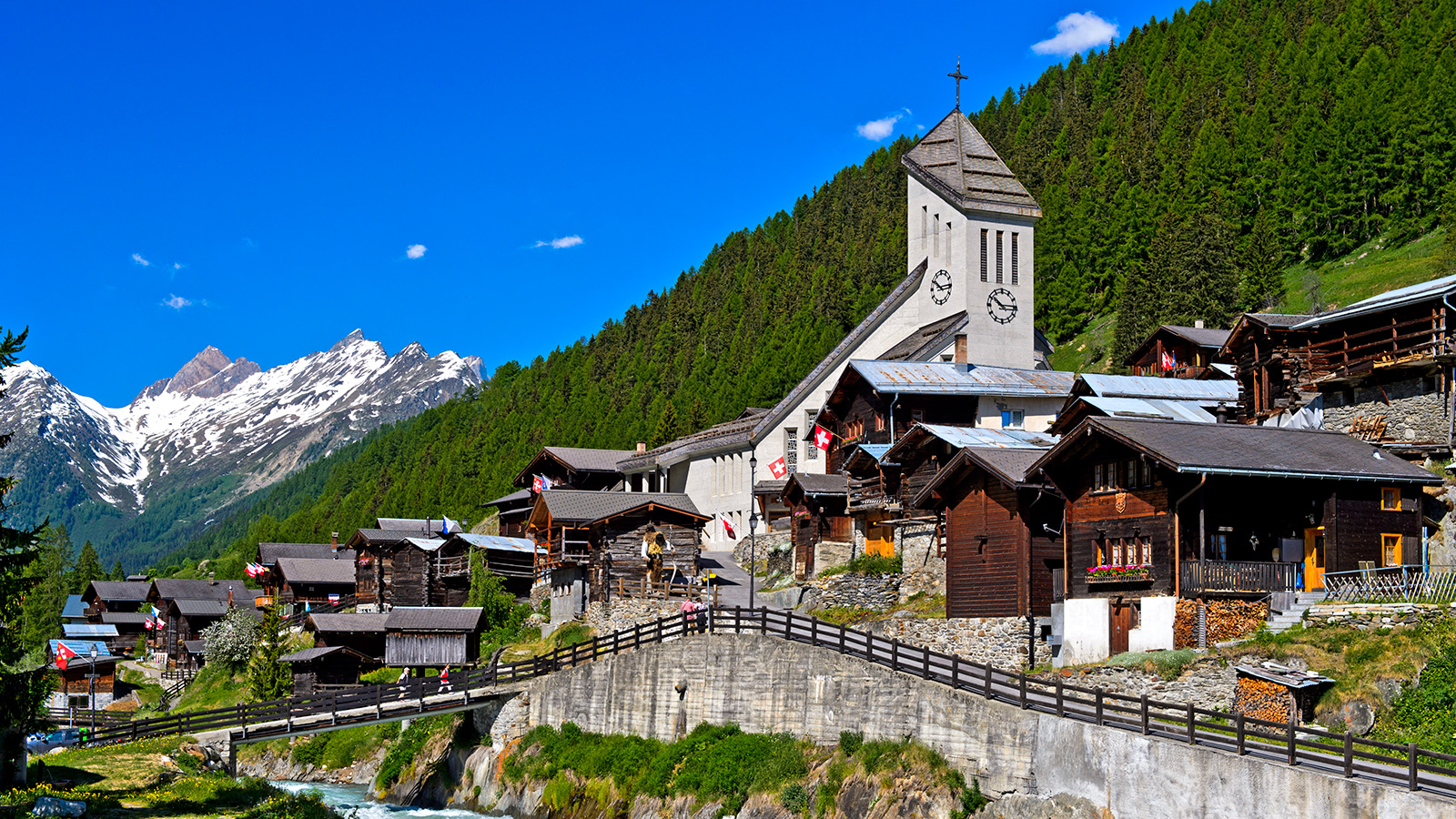
Permafrost is often called the glue that holds the mountains together. When it thaws, the mountains crumble, and they start to break apart. At the same time, the glaciers are shrinking and, as they do, they uncover mountainsides that are unstable without their thick coat of ice.
These hazards are not entirely new. Glaciers do grow, retreat, and then grow again over centuries.
Seasonal avalanches and landslides tend to have their regular paths down the mountains. Alpine communities are used to this, and Switzerland has been extensively risk-mapped. One of the reasons villages like Blatten are where they are is precisely because they are not seen to be in the path of danger.
But over the last 20 years there has been a fundamental change. The glaciers, and the permafrost, are melting faster than ever.
The volume of ice is less than half what it was a century ago, and some glaciers have disappeared altogether, prompting alpine communities to hold funerals for them.
If global warming does not stay within the 1.5C rise agreed in the Paris climate accord, glaciologists believe most of Switzerland’s glaciers will be gone by the end of this century.
Until now the big worry has been the loss of a key, fresh water supply. Glaciers, often called the water towers of Europe, store the snow in winter, and release it gradually over the summer, filling rivers, and irrigating crops.
But Blatten has sounded new alarm bells. Despite all the monitoring and risk-mapping, the rapid thaw is making it very hard to accurately predict the danger.
Blatten’s residents were evacuated, but it was thought of as a precautionary measure, while the unstable rock and ice came down gradually. The authorities didn’t want anyone to get hurt.
Although one man aged 64 is missing, the evacuation saved hundreds of lives. But Blatten’s people lost everything else. Barely a house has been left standing, everything is buried under tonnes of rock and mud. Mr Huss fears that Blatten may be a sign of things to come.
“It really puts a question mark on living in the high mountains,” he says. “And I wouldn't exclude that in the future also other villages are going to be destroyed.”
One day after the tragedy in Blatten, locals gathered at the church in the neighbouring village of Wiler to mark Ascension Day.
Prayers were said for those who had lost their homes, and for the future of the community. “We all know each other around here,” said one woman. “Our valleys are small, that brings us closer together. There is real compassion.”
Others though voiced the fear that has spread right across the country. “It's terrible. They've lost everything. There's nothing we can do,” said another woman. “We can cry, but we cannot cry forever,” added an elderly man. “We must believe in God, that He will help us, so that life can go on.”
Or, as Matthias Huss put it, “This is really an event that will be quite decisive for Switzerland, and how we perceive the mountains.”
What's Your Reaction?
 Like
0
Like
0
 Dislike
0
Dislike
0
 Love
0
Love
0
 Funny
0
Funny
0
 Angry
0
Angry
0
 Sad
0
Sad
0
 Wow
0
Wow
0





